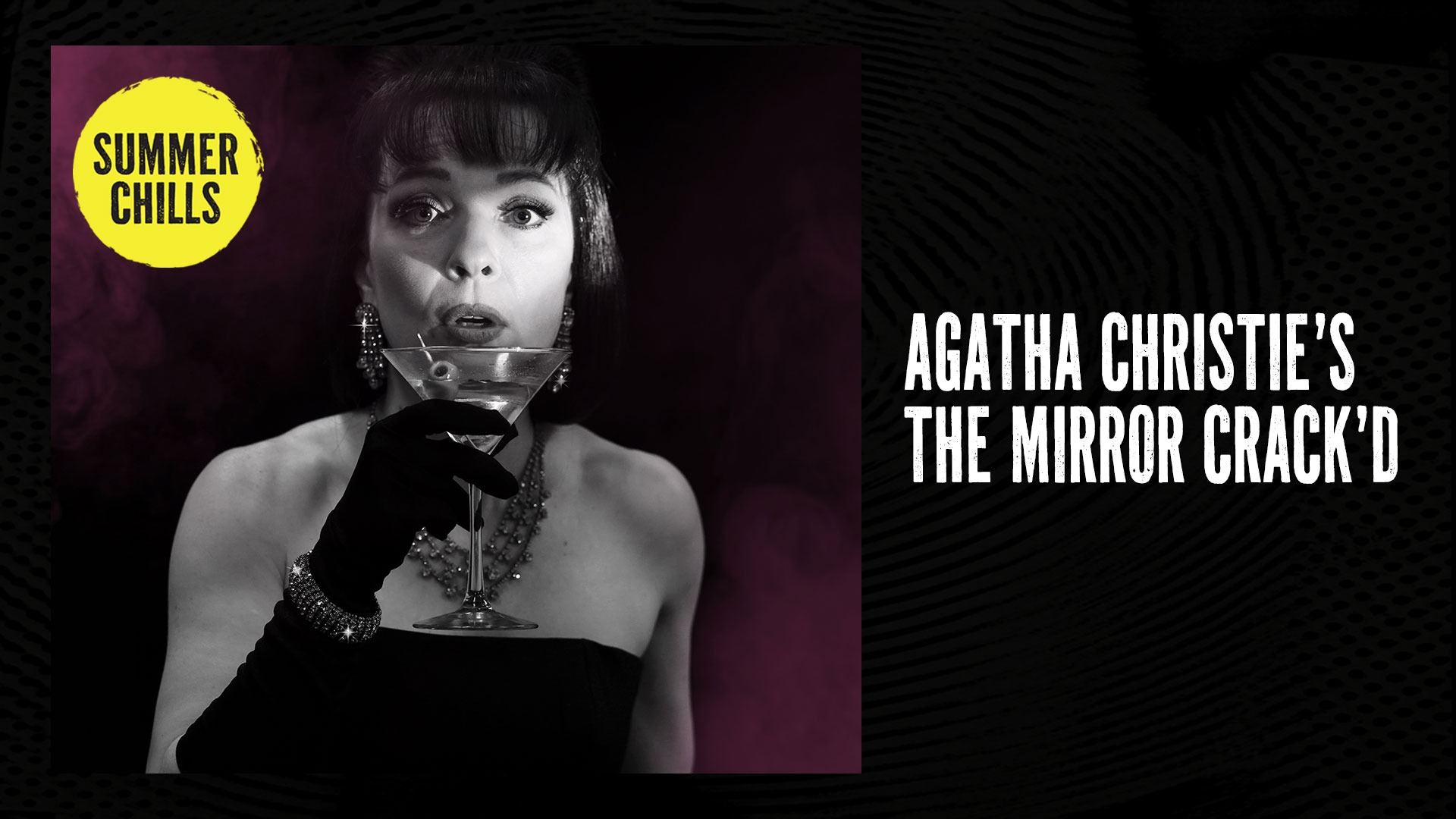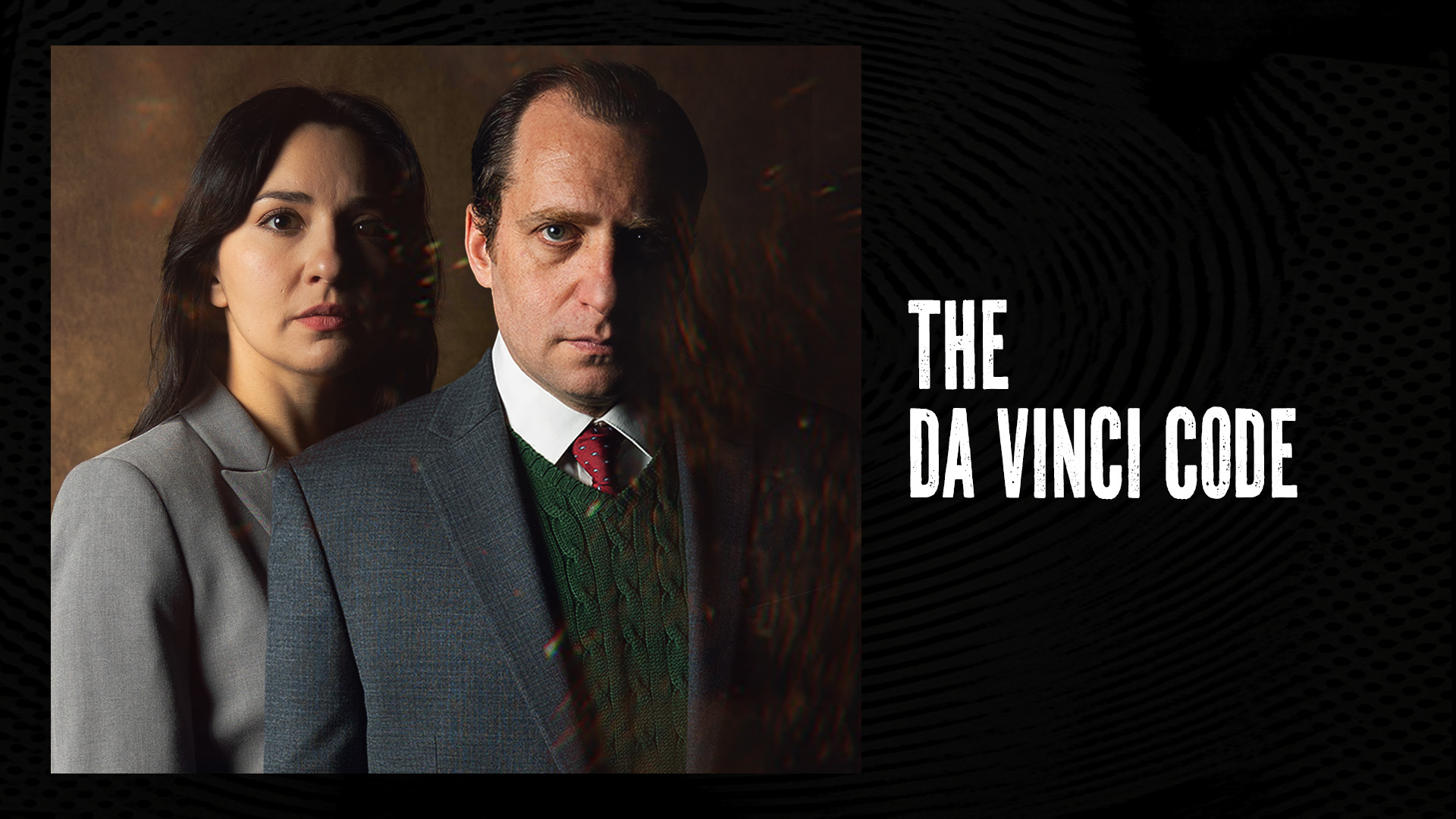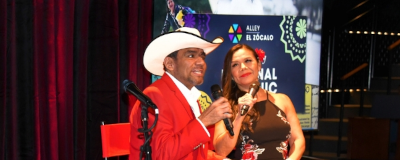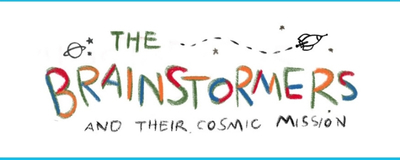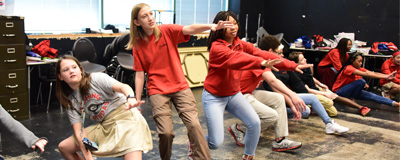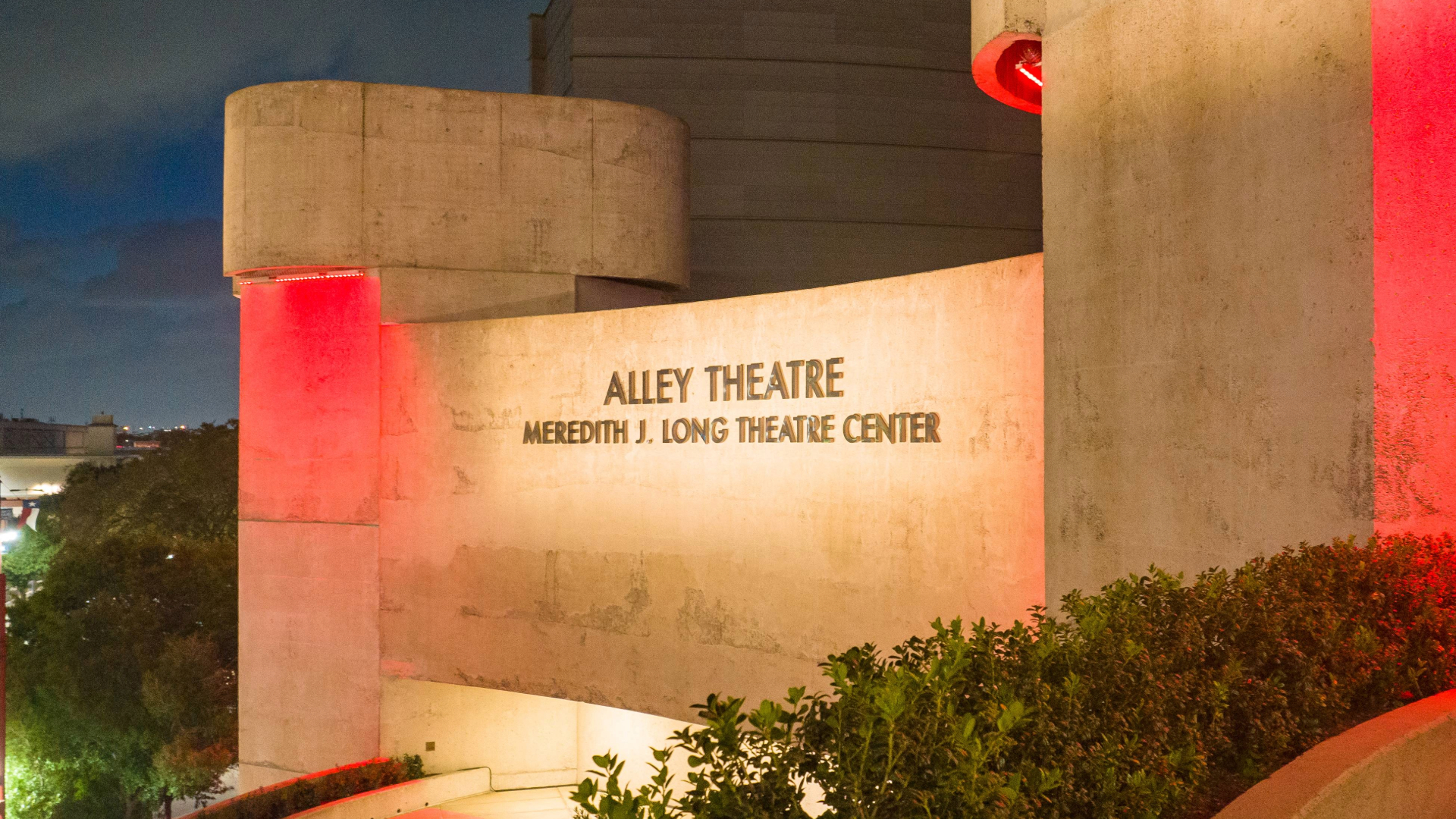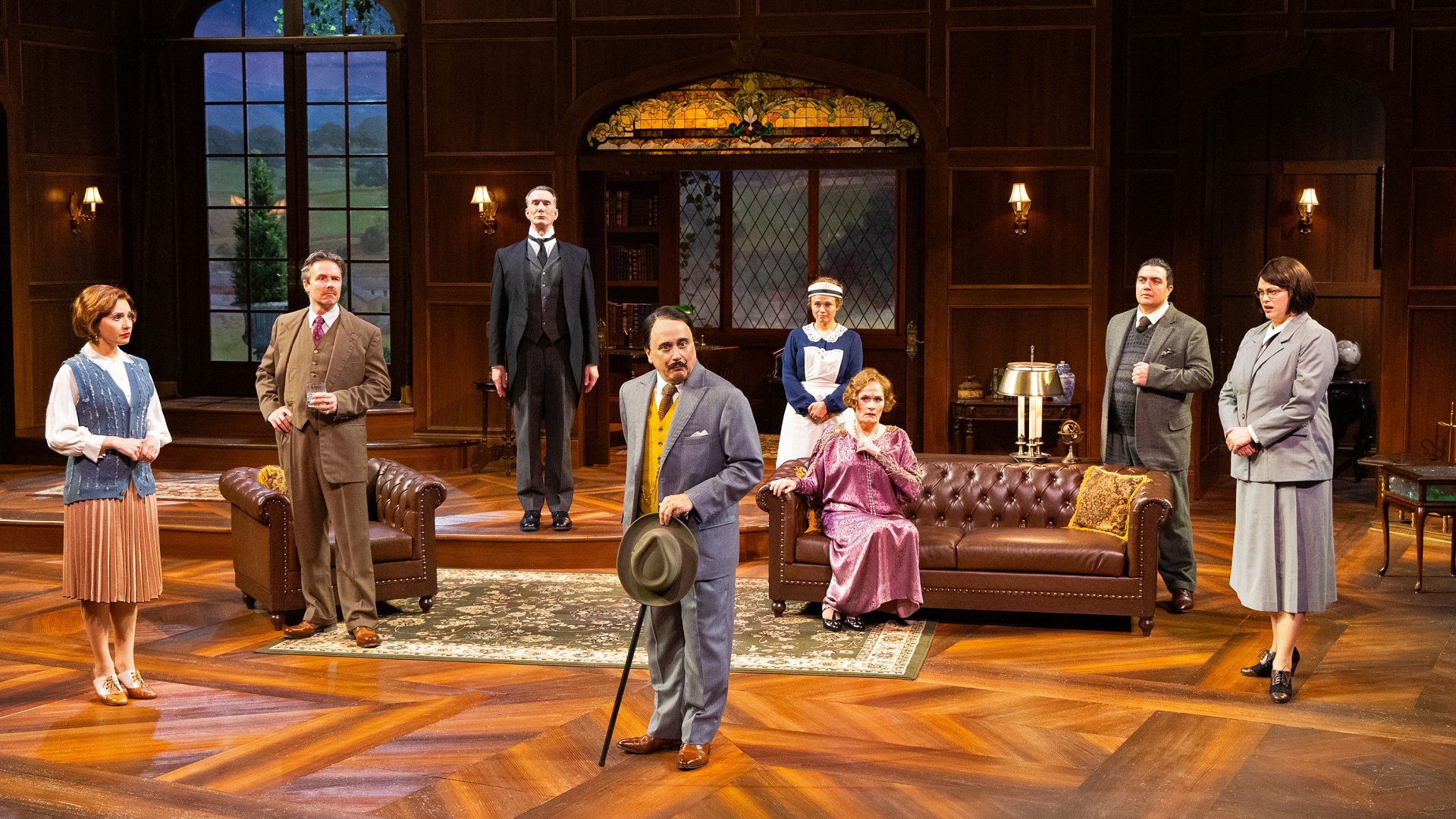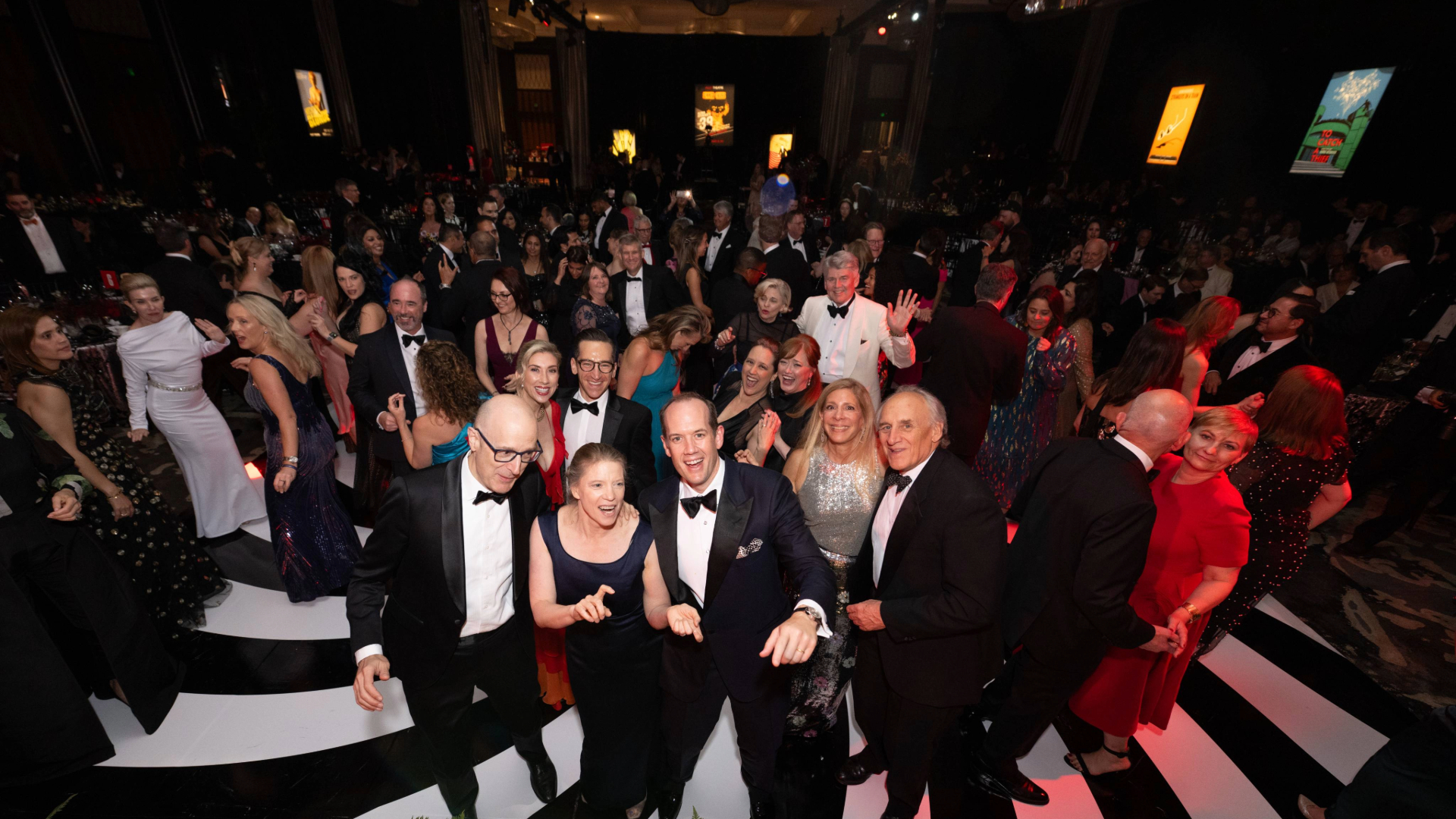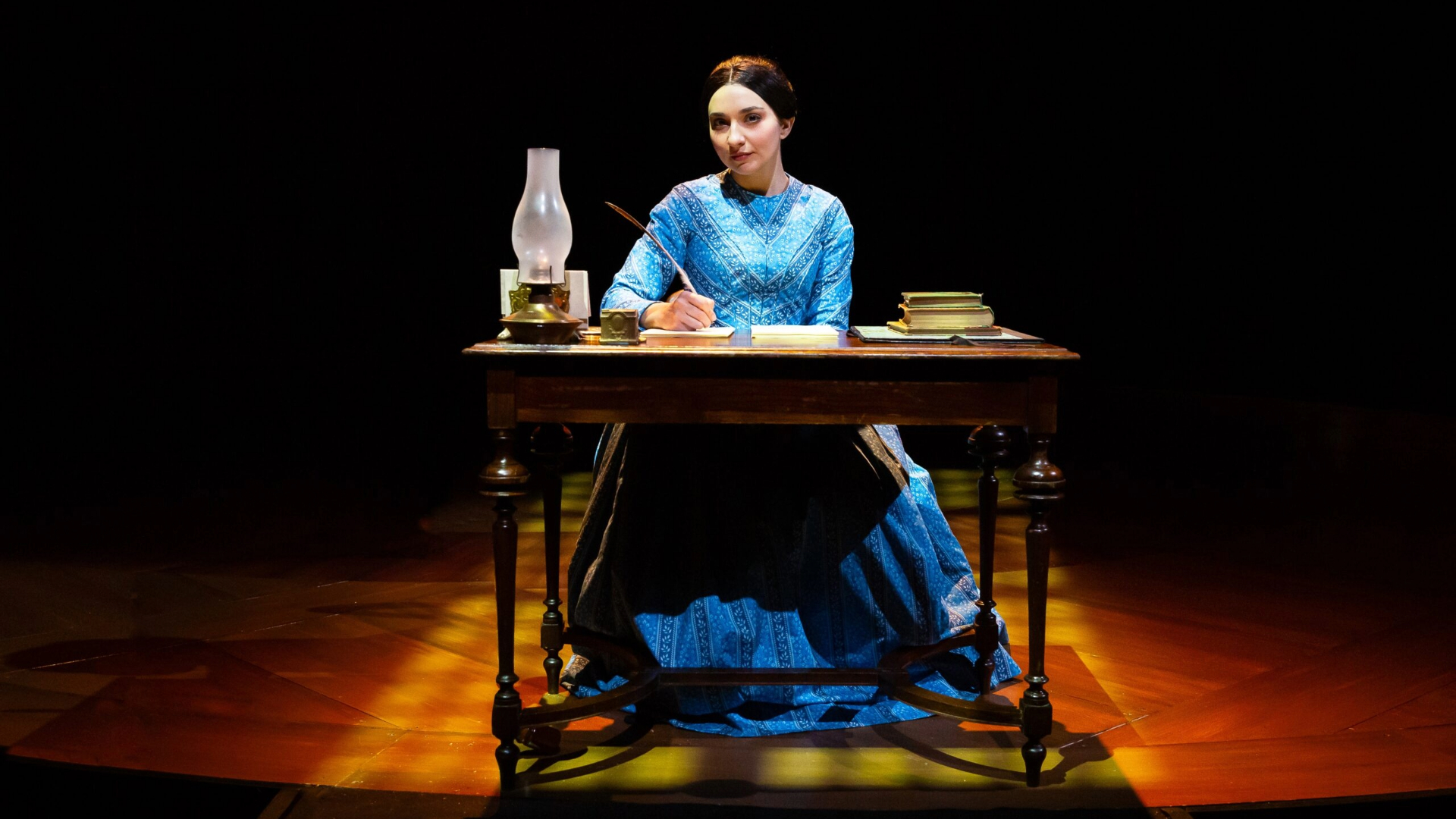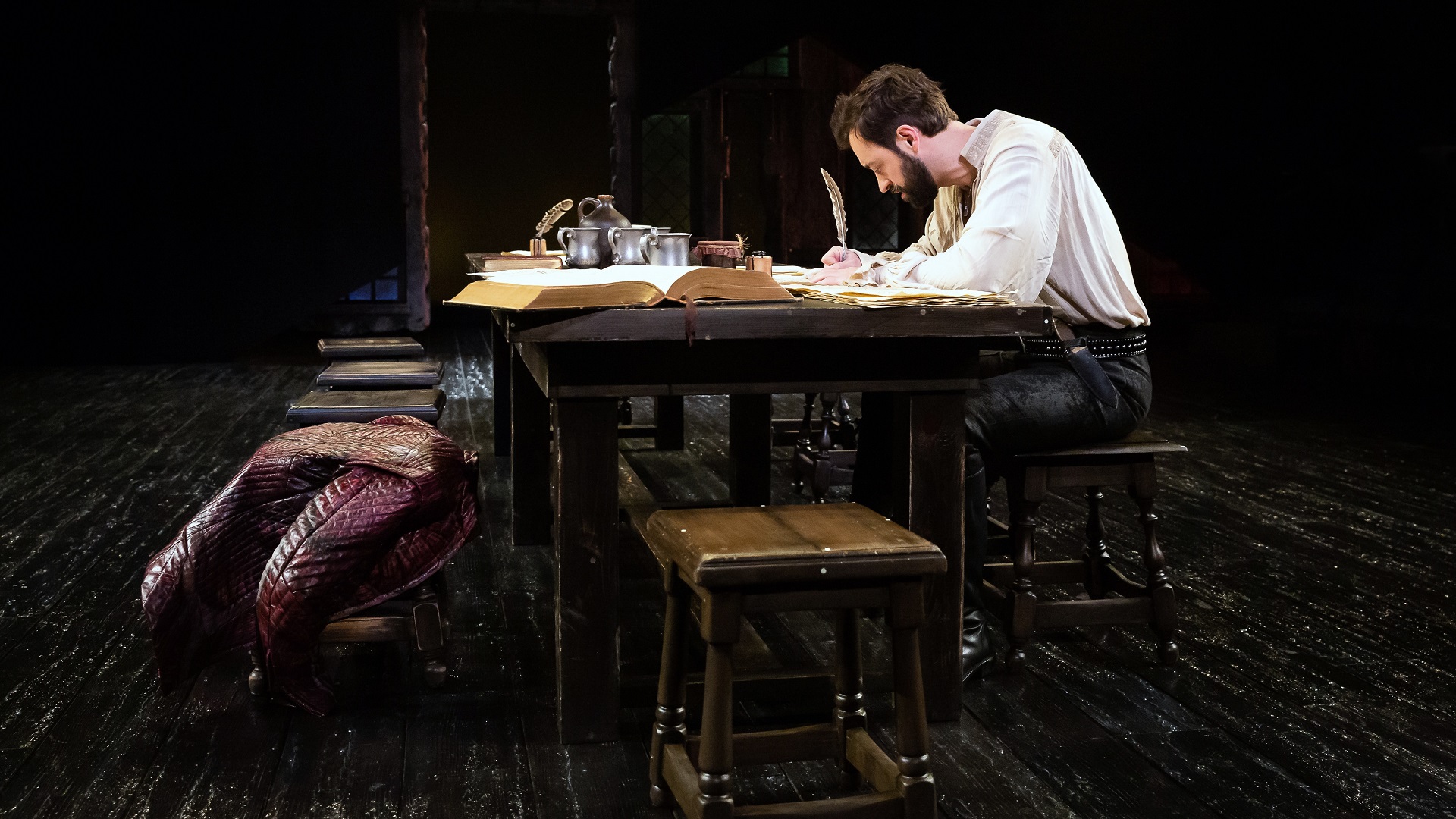The Master of Suspense: Alfred Hitchcock’s Enduring Impact on Film and Beyond
Alfred Hitchcock is synonymous with spine-tingling chills and masterfully crafted suspense. His innovative techniques, psychological insights, and iconic visual style. He continues to inspire filmmakers and artists across various disciplines to this day.
From Silent Films to the Realm of Suspense: Hitchcock’s Early Influences
Hitchcock’s journey began in the silent film era. He worked as a title card designer and learned the art of visual storytelling. He developed his skills in British thrillers like The Lodger. He established recurring themes of voyeurism, mistaken identity, and manipulating audience perception. These elements would become cornerstones of his later masterpieces.
The “Hitchcockian” Touch: Techniques that Defined a Genre
Hitchcock’s genius lay not just in the stories he told but also in how he told them. He pioneered suspense, building tension through masterful editing, innovative camera angles, and a keen understanding of human psychology.

- The Power of Suggestion: Unlike graphic violence, Hitchcock excelled at creating a sense of dread through suggestion. The shower scene in Psycho remains a prime example. The film allows the audience’s creativity to conjure horror more effectively than any graphic depiction.
- The Vulnerable Everyman: Hitchcock’s protagonists were often ordinary people thrust into extraordinary circumstances. Characters like Roger Thornhill in North by Northwest or L.B. ‘Jeff’ Jefferies in Rear Window became vessels for the audience’s anxieties, heightening the suspense.
- The Power of the Camera: Hitchcock wielded the camera as a tool of psychological manipulation. Low-angle shots evoked a sense of powerlessness while subjective camera work placed viewers in the protagonist’s shoes. These two shots amplify fear and confusion.
Beyond the Screen: Hitchcock’s Influence on Other Arts
Hitchcock’s impact wasn’t confined to cinema. His films became cultural touchstones, influencing artists across various mediums.
- Visual Arts: Surrealist painters like Salvador Dalí were drawn to Hitchcock’s dreamlike sequences. Saul Bass created iconic title sequences that captured the essence of his films.
- Literature: Stephen King (It, The Shining, Carrie) and Patricia Highsmith (The Talented Mr. Ripley, The Price of Salt, Strangers on a Train) acknowledged Hitchcock’s influence on their exploration of suspense and the dark underbelly of human psychology.
- Music: Composers like Bernard Herrmann created chilling, discordant scores that perfectly complemented the tense atmosphere of Hitchcock’s films. These scores have influenced countless movies and TV shows in the suspense genre.
- Television: The success of Hitchcockian suspense on the big screen spawned to television shows like The Twilight Zone and Alfred Hitchcock Presents, further solidifying his influence on popular culture.
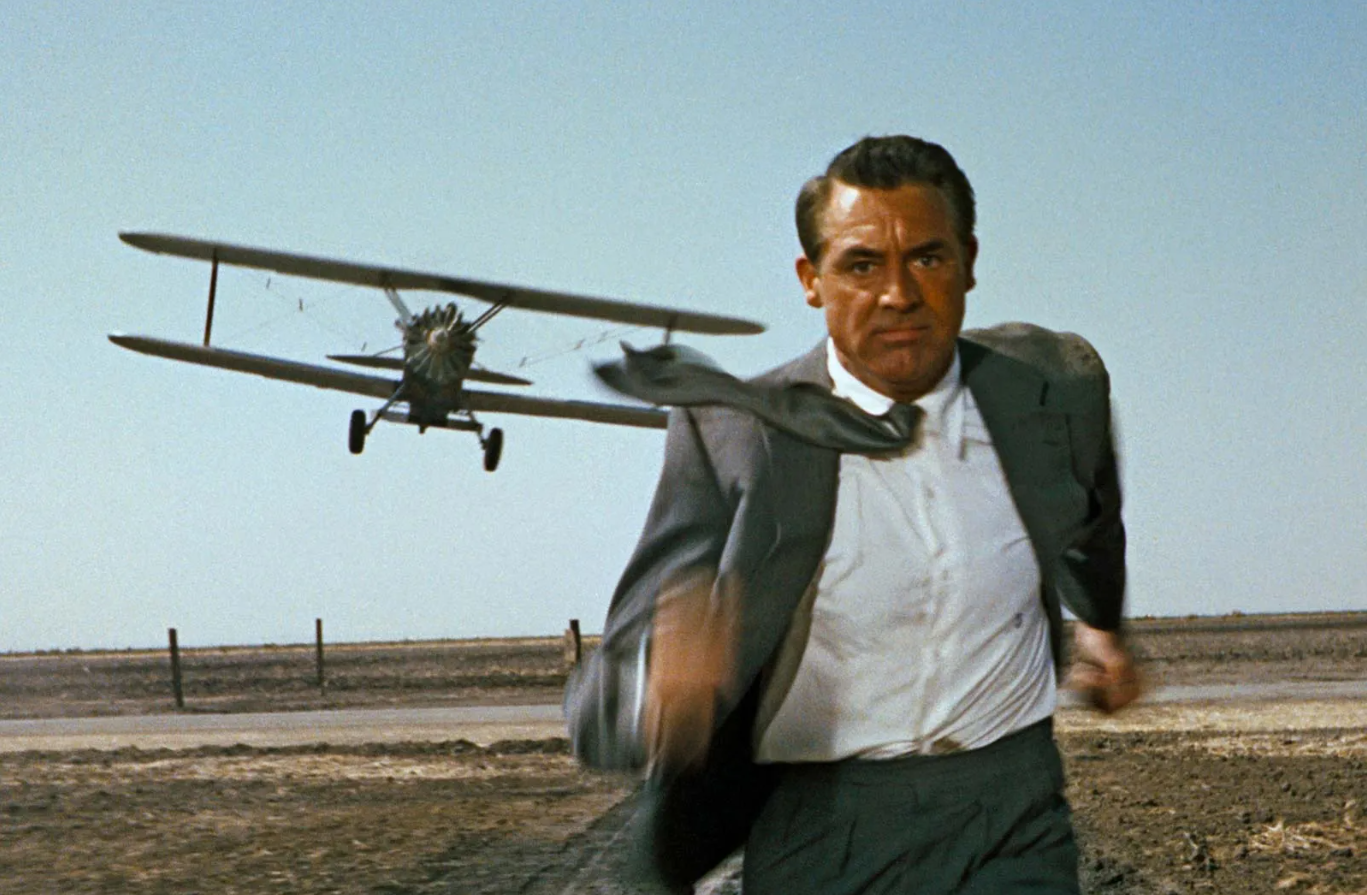
A Legacy of Suspense: Hitchcock’s Enduring Appeal
Alfred Hitchcock’s impact on film is undeniable. He elevated the thriller genre to an art form, crafting commercially successful and critically acclaimed films. He redefined suspense, understanding how to manipulate human fears and anxieties in a way that resonates with audiences today.
But Hitchcock’s influence extends far beyond the silver screen. His films have become cultural touchstones, influencing artists and inspiring countless works across various mediums. His legacy is one of suspense, psychological insight, and a masterful understanding of visual storytelling. He is the true master of suspense.
Further Readings
- Hitchcock’s Style
- Alfred Hitchcock: England’s Biggest and Best Director Goes to Hollywood
- Alfred Hitchcock Now Says Actors Are Children, Not Cattle
- ‘Twas Alfred Hitchcock Week in London
- Sir Alfred Hitchcock. Encyclopaedia Britannica.
- Chandler, Charlotte (2006). It’s only a movie: Alfred Hitchcock, A Personal Biography.
- “Alfred Hitchcock: Visions of Guilt and Innocence.”
- Durgnat, Raymond (1974). The Strange Case of Alfred Hitchcock.
- Hedren, Tippi (2016). Tippi: A Memoir. New York: William Morrow.
- Leitch, Thomas (2002). The Encyclopedia of Alfred Hitchcock.
- “The Genius of Alfred Hitchcock at the BFI: 10 of his lesser-known gems”. The Guardian.
- Modleski, Tania. The Women Who Knew Too Much: Hitchcock And Feminist Theory (3rd ed.)
- The Alfred Hitchcock Story
- Pomerance, Murray (2011). “Some Hitchcockin Shots”. A Companion to Alfred Hitchcock.
- Hitchcock: The First Forty-four Films.
- Alfred Hitchcock: The Definitive Filmography.
- Hitchcock’s Music.
- Walker, Michael (2005). Hitchcock’s Motifs.
- White, Edward (2021). The Twelve Lives of Alfred Hitchcock.
- White, Susan (2015). “Alfred Hitchcock and Feminist Film Theory (Yet Again)”. The Cambridge Companion to Alfred Hitchcock.
- “Death and the Master”.
- Slavoj Žižek et al.: Everything You Always Wanted to Know About Lacan But Were Afraid to Ask Hitchcock
Dial M for Murder runs May 31 – June 30, 2024. Tickets are available here.


